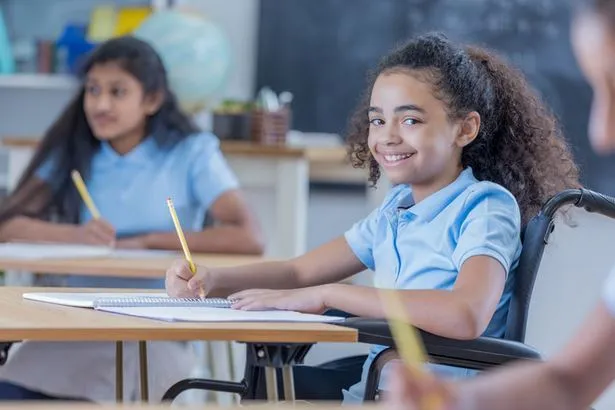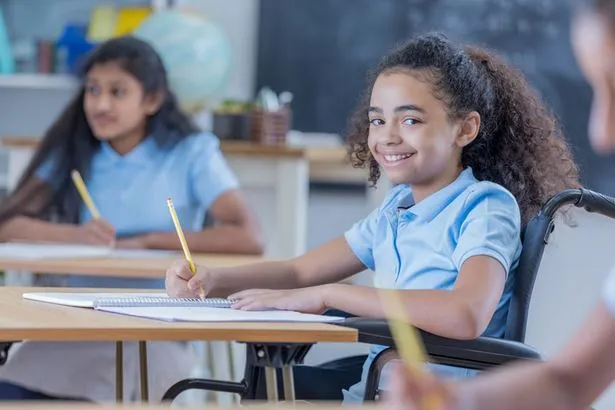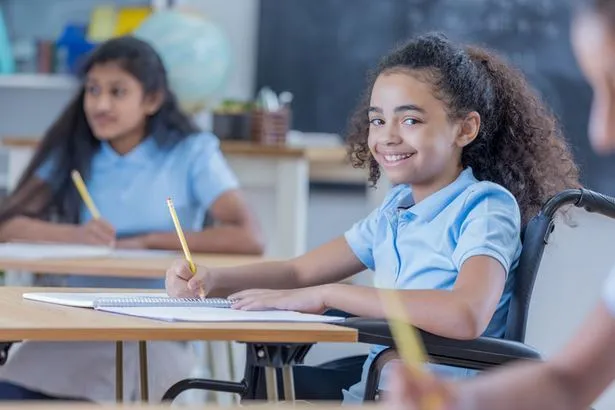Transcription Make suggestions while respecting your child's judgment.
Our children are in the natural transition of learning, where they already have a criterion about what they like and what they don't like.
Parents, on the other hand, are unaware of many of the concerns that affect them, and sometimes we consider the possibility of wanting to improve their lives with our wisdom. We assume to know how to solve the root of their problem and we provide solutions that are far from the objective interests of our young people. We come to think for them what is the right thing to do.
How can we really help them? The best option would be to make suggestions respecting their criteria. In this way we give them the possibility to make an analysis and take for themselves the desired path.
Overprotection.
One factor by which we fail to notice the level of damage we cause to our children is overprotection. This bad habit provokes in young people a predisposition to the possible help that we wish to offer, affecting their capacity to make decisions in difficult moments. Children, with overprotection, easily develop emotional dependence and excessive attachment to the attention we give them. Many may seek refuge in the need for approval from others to achieve their goals.
Good intentions.
As parents we have the best of intentions to establish a correct communication with the little ones, ignoring the reality that interests them. We put aside their questions when, defining the best adult thing to do, we do not listen to what they have to say. How involved are we in their interests? It is clear that we do not come close to what they feel if we treat them as incapable of being responsible. Most good intentions end up limiting their capacity for free choice and free will.
Understand their ideal.
How do we succeed in supporting them if we do not understand their ideal? Children, like all people, have small unconscious goals or impulses that satisfy them once achieved, whether it is helping in the garden or climbing to the top of a slide.
These may represent for them important achievements in their understanding, and we adults tend to move away from them towards more complicated responsibility needs such as inner order or schoolwork. We support them from the moment we take care to know what they want to achieve. We can induce actions for them, but not assume.
Suggest.
How can we guide them through suggestions? Children's intelligence is underestimated by adults to the point of imagining that we are right, maybe, but it is not always what they want. The best way to guide them is through suggestions that are up to their needs, we use words like "maybe", "perhaps", "this can help".
Our task would be to suggest them, monitor them or serve as a consultation for their doubts. If we want them to take our opinion, the first thing is to respect their criteria and decision. We must let them recognize that it may be better with the resource from our perspective, but the action comes from them.
Offer the necessary help.
The biggest challenge for us as parents is to get the children to approach with concerns
suggestions




